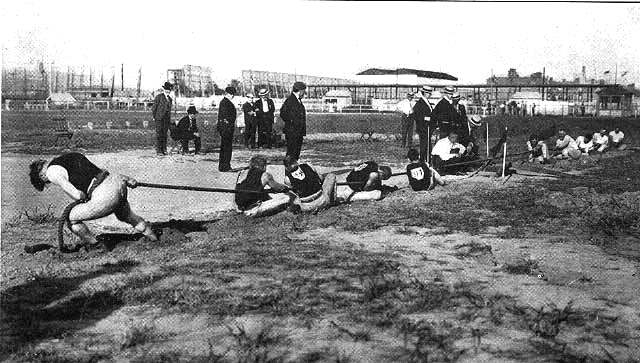
As I’ve gotten older, my values have become more important to me, and they’ve had a bigger influence on my work.
For example, I’ve chosen not to do some projects that don’t reflect values that are important with me. On the one hand, that’s sometimes a difficult choice when you’re freelance and your paycheck depends on getting work; on the other, it’s led me to some incredibly gratifying work.
Among my values are openness and equity.
A dilemma I face often, whether it is in my education work or my other community building work, is what to do when those values conflict.
To me, a part of equity is making sure that everyone or at least a broad and representative group has access and genuine opportunity. I think that is not only desirable and just, but broadly socially beneficial. Inclusivity is a goal that we seem to be getting away from in these days of rampant partisanship. Full participation where all community members, not just those who are like minded, can participate and engage seems important to me.
In many of the spaces I work in, community values are important and carefully arrived at. And yet, sometimes those values seem less than inclusive or even elitist.
How do we balance our values with the desire to be inclusive and equitable? How do we act when these things come into conflict?
A few examples might help to define this. My career started in traditional curriculum and print publishing. I then moved into more technology-enabled work and gradually came to embrace a less structured, more flexible, more learner- and choice-driven sort of learning style. As I moved along this continuum, the applicability of my interests and work to “mainstream” audiences narrowed.
I believe deeply in work that gives learners choice to follow their passions, but I also understand that this approach doesn’t currently have a perceived importance or place in many educational systems.
This dilemma extends to a wide variety of other choices, including strangely enough technical platforms (which brings in the openness element) and leadership approaches. Those will be the subjects of parts 2 and 3 of this series.
In the meantime, I’d be interested in hearing if you feel conflicts amongst your values. Does equity mean to you what I’ve suggested here? Is maximizing inclusiveness the same as equity? And does that goal conflict with other values you have?

Working in traditional print must have been an eye-opener for you, knowing your values of open. I, too, believe in the flexibility of learning and keep struggling with how to get my students to that point. It becomes a juggling act, and reminding myself of my values — as CLMOOC does now, every year — is a key to keeping myself moving forward without losing ground.
Kevin